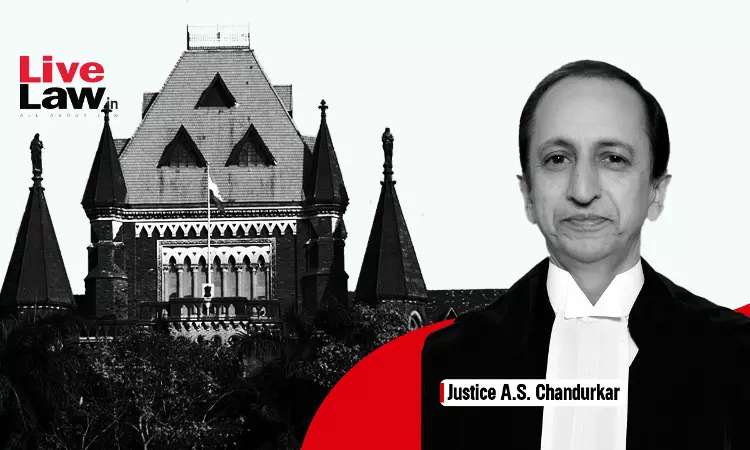Division Bench Agreed That 2023 Amendment To IT Rules As It Stands Violates Free Speech: Petitioner To Bombay High Court
Sharmeen Hakim
28 Feb 2024 7:36 PM IST

Next Story
28 Feb 2024 7:36 PM IST
Association of Indian Magazines contended before the Bombay High Court today that the division bench that delivered a split verdict in a petition challenging the 2023 amendment to the IT Rules agreed that the amended Rule as it stands violates and has a chilling effect on free speech.The 2023 amendment to the IT Rules, 2021 empowers the government to establish a fact checking unit (FCU)...
